How To Be a Writer: "Writing is Not Typing"
Writing is Not Typing
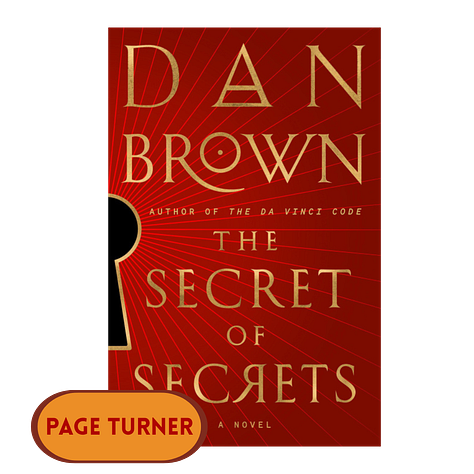
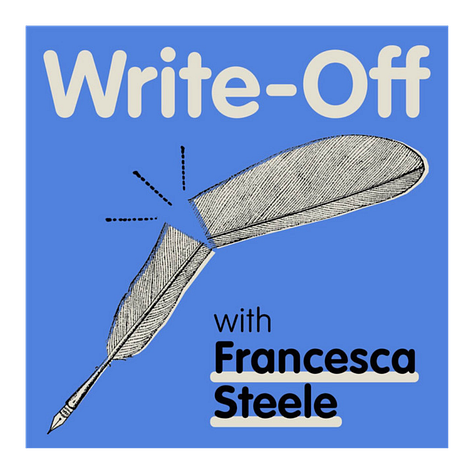
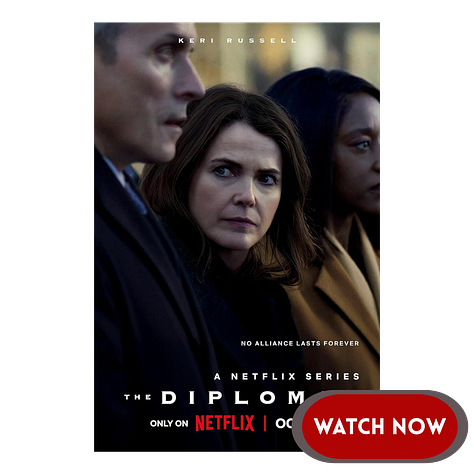
📚 Dan Brown’s The Secret of Secrets delivers exactly what you expect — a fast-paced, globe-trotting thriller packed with codes, art, and ancient mysteries. Set largely in Prague (the reason I read it!), the novel weaves together history, science, and spiritual speculation, as Robert Langdon unravels a conspiracy linked to consciousness and the nature of the human soul. It is an entertaining, cinematic read, a satisfying return to form for Brown, as always rich in atmosphere and ambition.
🎧 Write-Off with Francesca Steele — a London-based journalist speaks with authors—ranging from Paula Hawkins to Monica Heisey—about rejection in all its forms (unsold books, brutal edits, self-doubt) and how they push through to write the next page.
🎥 The Diplomat, season 3 — Last season ended with a bang, and season 3 did not disappoint—is a major stride forward: slicker, more daring, and loaded with tension. If you’re in the mood for a political thriller that mixes serious stakes with the occasional soap-opera swirl, this is a binge-worthy run.
How to be a writer?
You begin by noticing too much.
The uneven scrape of a table against the floor, the way someone laughs too loudly at a bad joke, the flicker of resentment between two people who used to love each other, the aftertaste of a night out. You collect these moments without meaning to. One day, they’ll find their way into sentences. For now, they just hum quietly under your skin. You must be porous.
You want to write, but you also want to be good. You want to be understood. You want someone, somewhere, to read your words and think: yes, that’s exactly how it feels. And this wanting can eat you alive, because the act of writing things down rarely matches the dream of what it could be. The page resists you. The words arrive limp and confused. Being a writer is about endurance, it’s about shitty sentences and shitty first drafts. It’s about sitting with the discomfort of bad paragraphs until better ones come along. It will all come together, as long as you go on. Work is the only real training.
One of the things I find most frequently missing in students as they arrive at CalArts is not imagination itself, rather the knack of making a disciplined effort in the development of fertile invention. Intelligent and critical students are all too apt to use ‘thinking’ as a substitute for the much harder work of ‘imagining’ at the intuitive, emotional and sensory levels. People who talk about things instead of doing them tend to use analysis as a substitute for creativity. But a statement about the kind of effect you want to achieve is never a substitute for the often exhausting labours that must go into actually creating that effect. Work is the only real training.
Mackendrick, Alexander. On Film-making: An Introduction to the Craft of the Director (p. 72).
You’ll replay moments, revise them, look for meaning in them. Writing will teach you that nothing is wasted, not heartbreak, not boredom, not even failure. Everything becomes compost for the next sentence, because writing is not typing, it is “thinking, researching, contemplating, outlining, composing” and living.
You’ll read too much. You’ll fall in love with words that ruin you. You’ll want to write like Didion or Ephron, like Dostoevsky, like Ferrante. It will take a while for you to realise that you’re meant to write like you. That’s the hardest part, perhaps: not finding the words, but finding the voice.
There is nothing quite as pleasurable as reading about writing too. I know, it’s all very meta — the snake swallowing its own tail — but there’s comfort in it. Reading about others’ struggles to name the unnameable makes your own fumbling feel less lonely. You realise that every writer, even the ones who seem untouchable, has known the blank terror of a white page, the self-doubt. There’s a kinship in that, an invisible thread connecting all of us who try, again and again, to make meaning out of air.
And sooner or later, you’ll also stumble into the theory of writing, that parallel universe where story is dissected like a body. You’ll read about Freytag’s pyramid, the hero’s journey, the three-act structure. You’ll learn that there are supposedly only three types of stories, or seven, or six, or thirty-six, depending on who’s counting. You’ll map your ideas onto these shapes, tracing the rise and fall of tension, the rhythm of revelation. For a while, this will feel like a betrayal of magic - the secret formulas behind the illusion. But then you’ll see it differently: it is architecture. Form doesn’t kill creativity.
So here we go. Some of my favourite books on writing, its pains and pleasures, and the art of storytelling.
Witty, honest, and compassionate—
reminds us that writing is messy, human, and always worth the effort. I read this book in Russian translation ten years ago and still keep a copy of it on my night table.Part memoir, part manual, this modern classic blends King’s personal journey with practical lessons on storytelling, discipline, and finding your voice.
A timeless guide to clarity and concision. Think of it as the grammar-and-style bible every writer needs within reach.
A masterclass in storytelling, using Russian short stories to explore what makes fiction work — thoughtful, warm, and full of generosity.
A joyful, passionate celebration of writing — full of enthusiasm and creative energy.
If procrastination is your biggest enemy, Pressfield’s no-nonsense manifesto will push you past resistance and into action.
A heavyweight book on storytelling, structure, and narrative arcs. A must for screenwriters but just as useful for novelists.
An insightfu deep dive into truth-telling, structure, and vulnerability in personal writing.
More than a writing book—it’s a creativity recovery course. Cameron’s “morning pages” exercise has transformed countless writing lives.
A poetic meditation on the solitude, strangeness, and grace of the writing process.




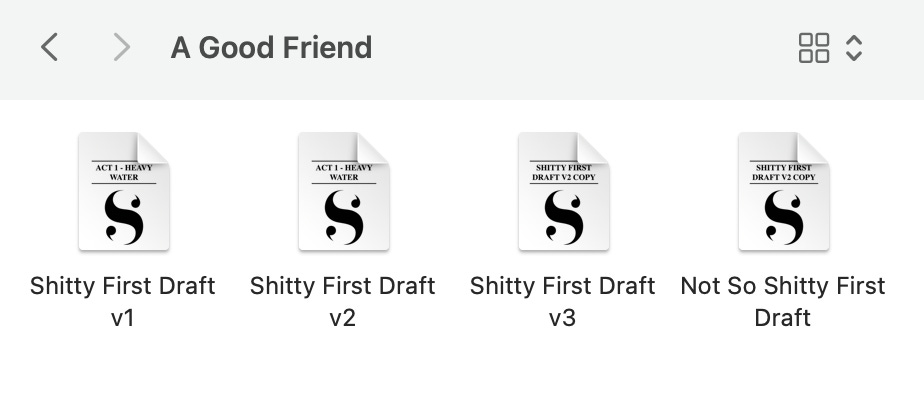

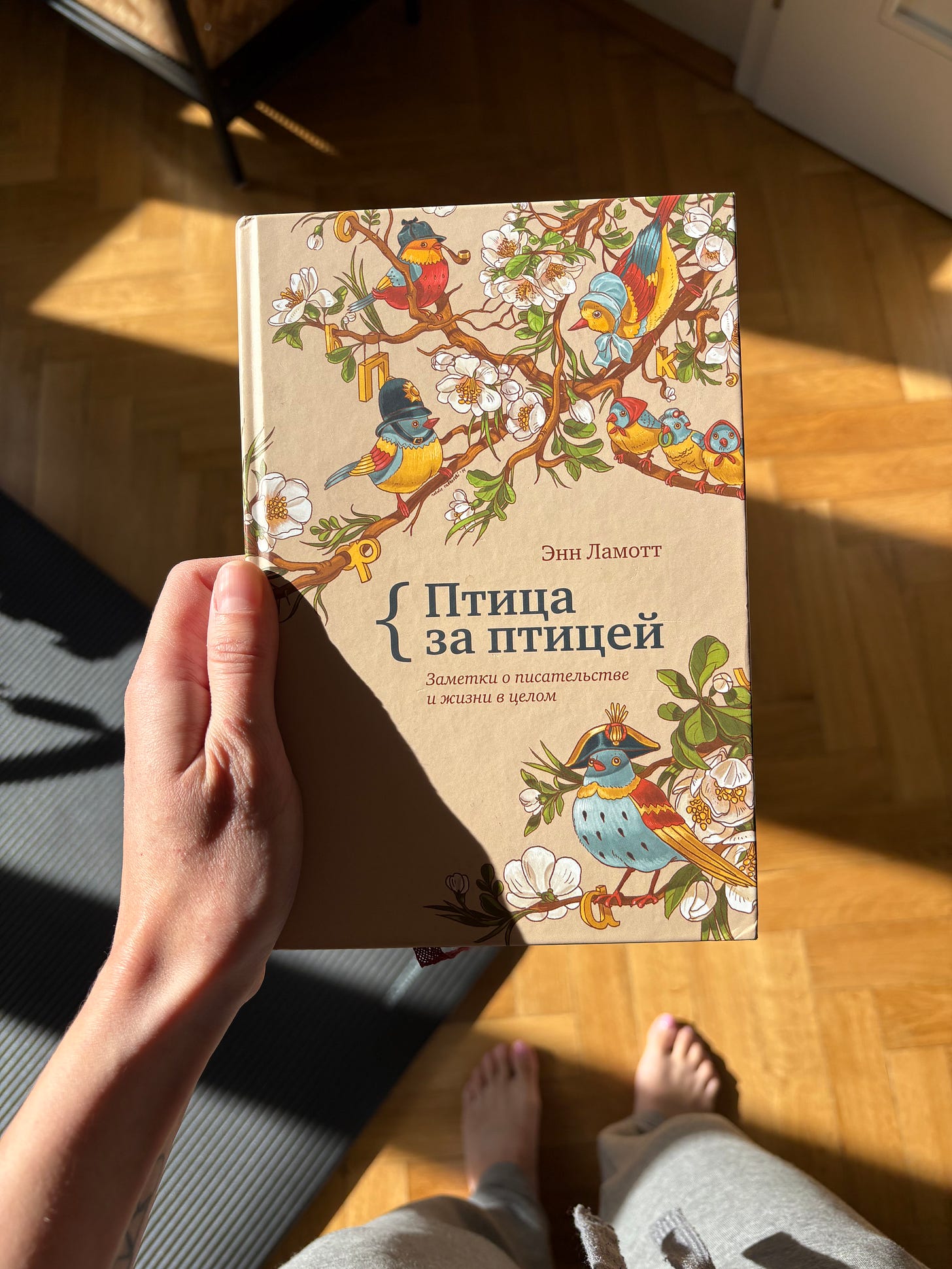
Another book I like to add to your writing book list: On Writing Well by William Zinsser